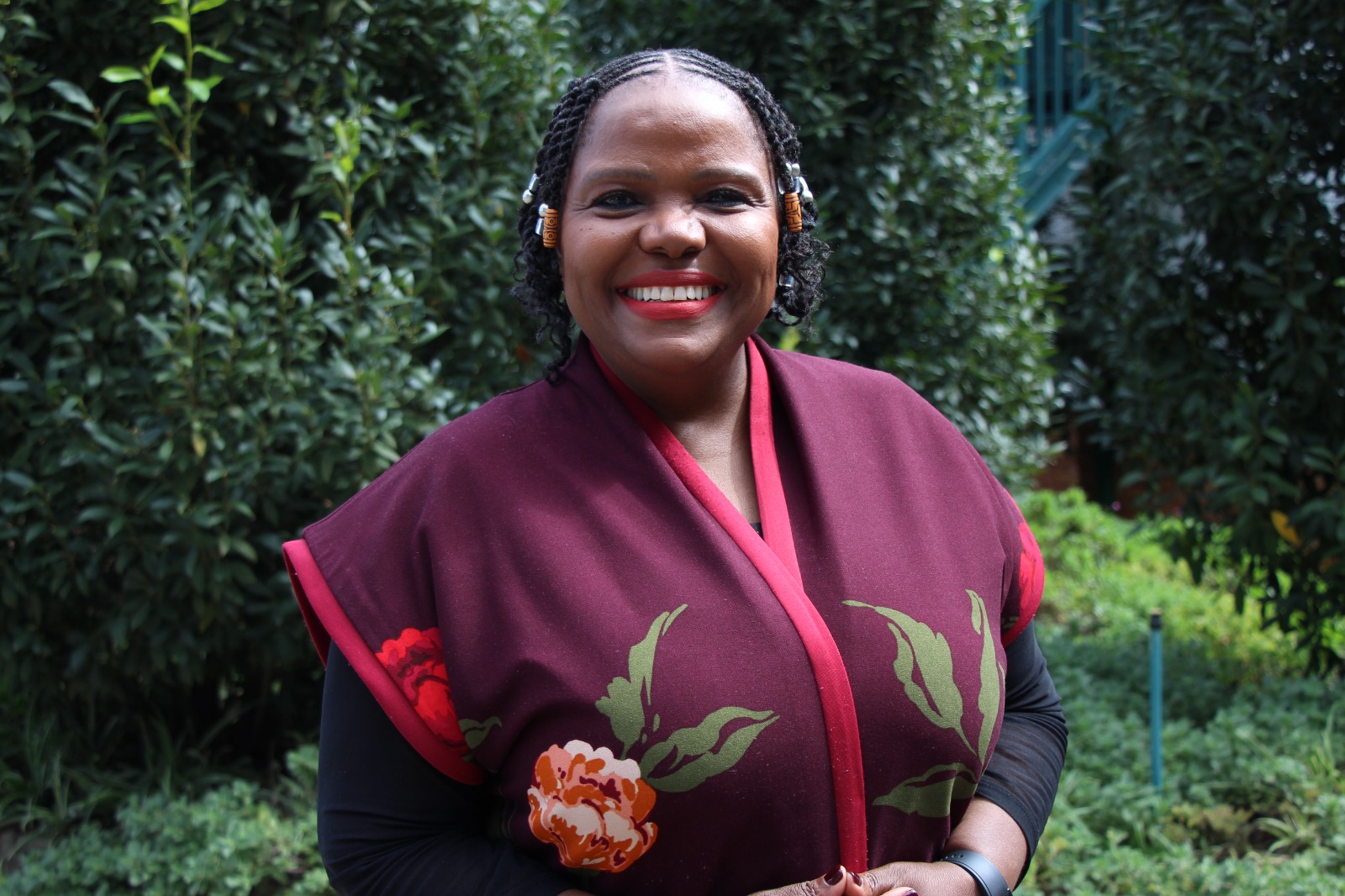Thembekile Myeni, an alumna at The DaVinci Institute, embarked on a study on post-apartheid South Africa. Broad-Based Black Economic Empowerment (BBBEE) has been a cornerstone policy aimed at addressing historical inequities and promoting socio-economic inclusion. Myeni’s master’s dissertation explored a critical yet under-researched area, the lived experiences of senior leaders implementing Affirmative Action as part of BBBEE strategies in the South African banking sector.

Context and Purpose
While BBBEE policies are often assessed through metrics like representation and procurement spend, Myeni’s study shifted the focus to leadership, the people driving transformation from within. Recognising the emotionally charged and politically complex nature of BBBEE, the research examined how executive leaders tasked with implementation perceive, experience, and make sense of this responsibility.
The study narrowed in on the “management control” element of the Financial Sector Scorecard, which includes Employment Equity. This focus is particularly relevant in the banking industry, where transformation efforts have shown measurable but uneven progress, especially at senior levels.
Research Approach
Adopting a qualitative, phenomenological methodology within an interpretivist paradigm, Myeni conducted in-depth, semi-structured interviews with 10 senior leaders (Black and white, male and female) from a large South African retail bank. The study aimed to surface nuanced insights into their perceptions, emotional responses, sense-making, and leadership development needs.
Key Findings
Three major themes emerged:
Mixed Perceptions of Affirmative Action
Leaders held diverse views; some saw Affirmative Action as necessary for redress and inclusion, while others expressed concerns about reverse discrimination or felt ill-equipped to drive meaningful transformation. Both white and Black leaders acknowledged the tension between transformation mandates and operational performance goals.
Emotional and Psychological Impact
The leaders often experienced emotional strain, uncertainty, and fatigue due to the complexity and sensitivity of implementing equity measures. Mental wellness emerged as a critical but overlooked factor influencing leadership effectiveness during transformational change.
Skills and Support Gaps
Many participants felt they lacked the necessary skills to lead transformation successfully, such as emotional intelligence, conflict resolution, change management, and strategic communication. Leadership development initiatives often failed to address these gaps, leaving leaders to navigate complex racial dynamics without sufficient guidance.
Contribution and Implications
The study offered leadership practice and development guidelines aimed at supporting more effective implementation of BBBEE strategies. It suggests that transformational change leadership must be intentional, values-driven, and supported by tailored leadership development that includes wellness, emotional resilience, and systems thinking.
From a theoretical standpoint, the research expanded the body of knowledge on transformational change and leadership within socio-politically complex environments. Practically, it called for a shift from compliance-based transformation to authentic, inclusive leadership that fosters belonging and drives systemic change.
Conclusion
The success of BBBEE, particularly in high-impact sectors like banking, relies not just on policies and scorecards but on the people leading these efforts. Myeni’s research underscores the importance of listening to those voices, leaders navigating the frontlines of transformation and equipping them to lead with empathy, strategy, and courage.




Leave a Reply